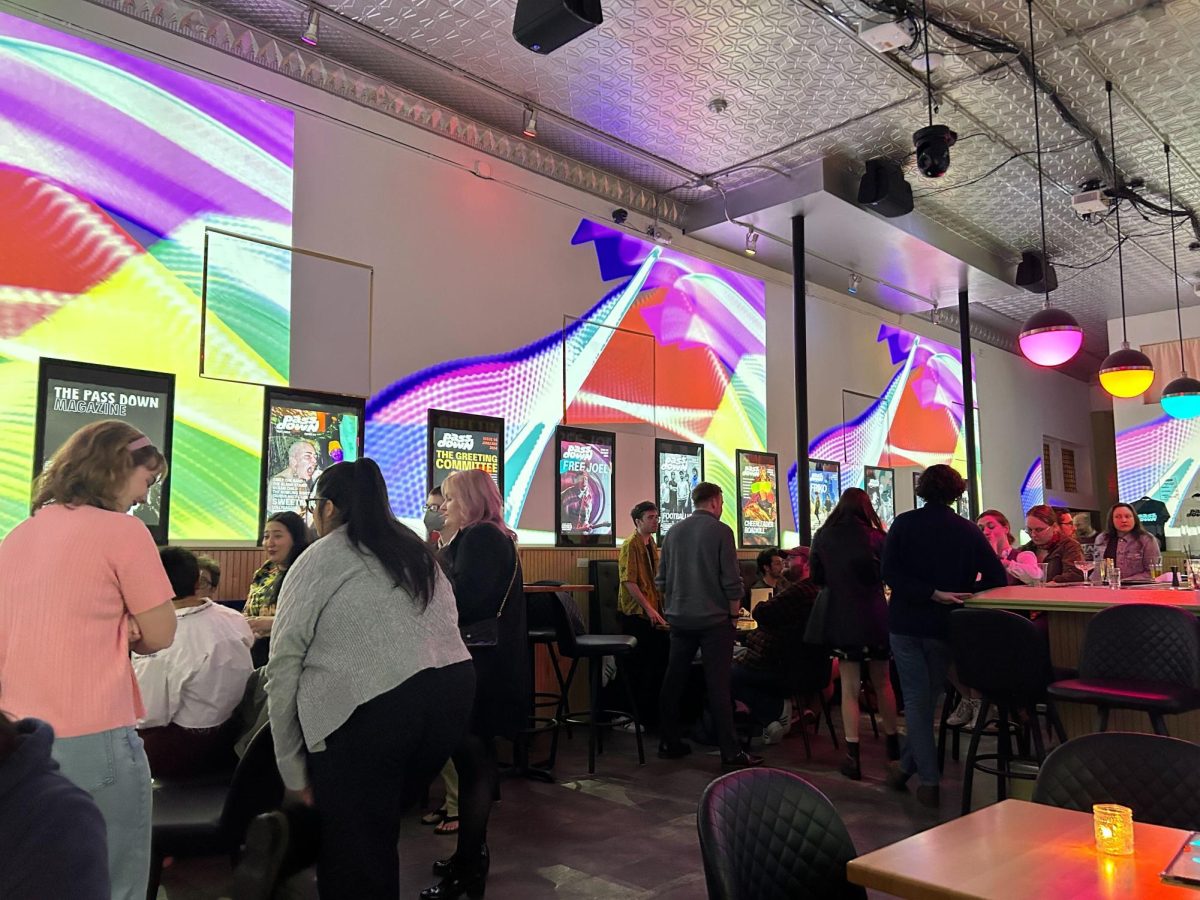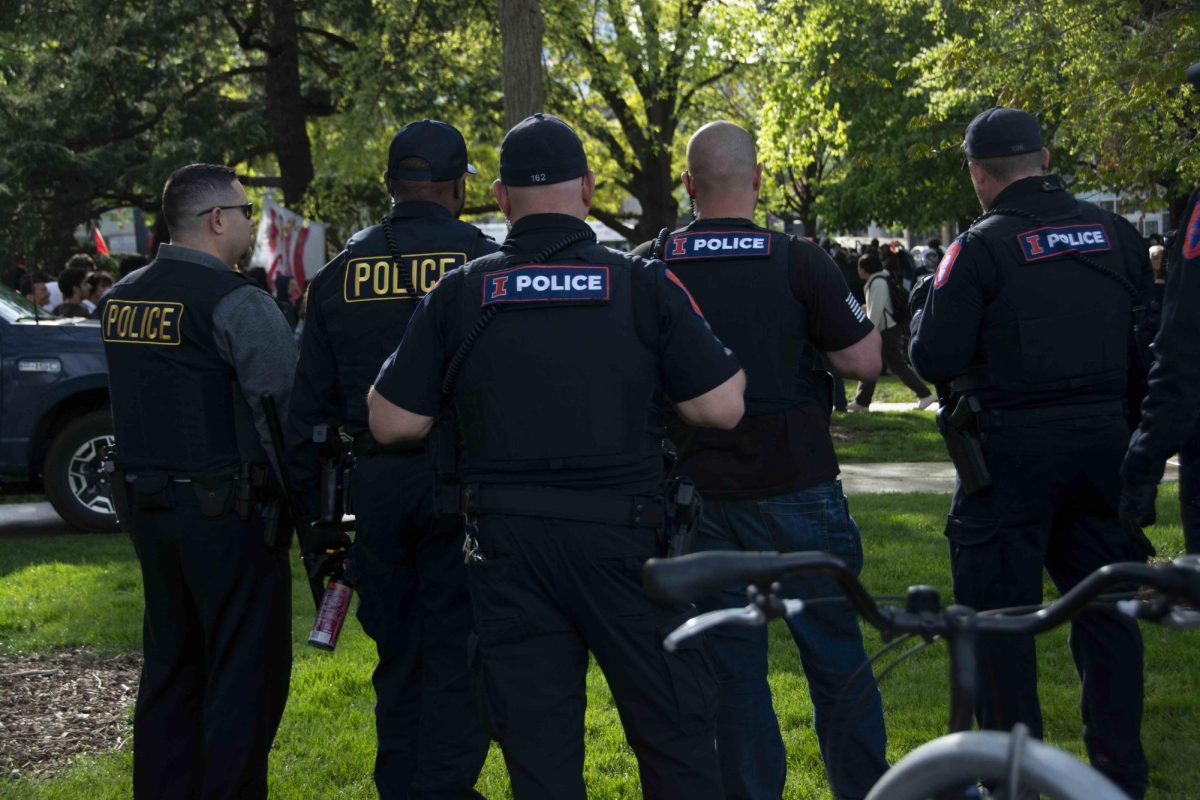As crime has spiked in southeast Urbana, attention has been focused on one of its perceived causes: liquor stores. The city council has already passed an ordinance restricting the amount of liquor licenses Urbana will give out, and it may pass another.
Under the passed ordinance, Urbana will reduce the amount of Class C liquor licenses — which allow the licensee to sell beer, wine and hard liquor for consumption off the property — it dispenses from one for every 1,500 residents to one for every 2,275 residents.
The ordinance currently before the council, which the Committee of the Whole recommended for approval Monday and is expected to pass, will limit Class B, Class BB and Class BBB liquor licenses to one for every 2,170 residents, a reduction from one for every 1,500 residents. These liquor licenses allow the licensees to sell beer or wine or both.
The new laws would also require liquor license applicants to go through a criminal background check and a public hearing before they obtain the license. Mayor Laurel Prussing, who is also Urbana’s liquor commissioner, said Urbana would be the only city she knows of with this restriction.
Prussing also said the city is reducing liquor licenses in response to concerns about how liquor store density is affecting Urbana’s crime rates.
Get The Daily Illini in your inbox!
Many Urbana residents have spoken at city council meetings to voice support for reducing liquor licenses.
Such residents’ are primarily concerned with the growing crime problem along Philo Road, where there are already two liquor stores, and two more have applied for liquor licenses.
Not everyone, however, supports the liquor store crackdown.
Dave Qattoum is one of the applicants for a liquor license along Philo Road. He said he does not think liquor stores are a major contributing factor to Urbana’s crime problem, claiming instead that a drug problem was at the root of the city’s trouble.
Qattoum also said a liquor store is a taxable business, which would help Urbana’s revenue and could help pay for the two police officers the city has recently decided to hire.
“We want to be a part of the solution, not the problem,” he said.
Under the new ordinance, Qattoum may not be able to acquire a liquor license, as his convenience store is located in an area with a high density of stores dispensing liquor.
The city council will vote Monday whether to enact the ordinance reducing the number of Class B licenses.




